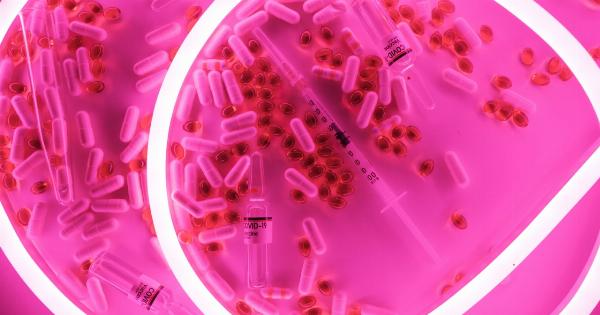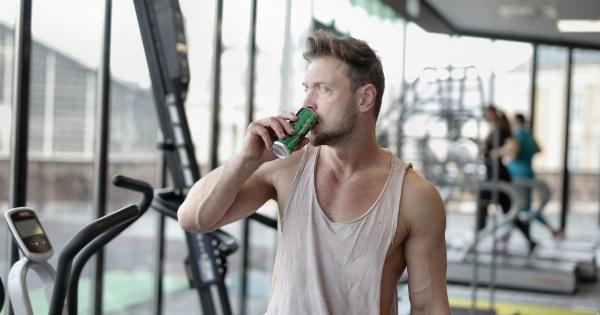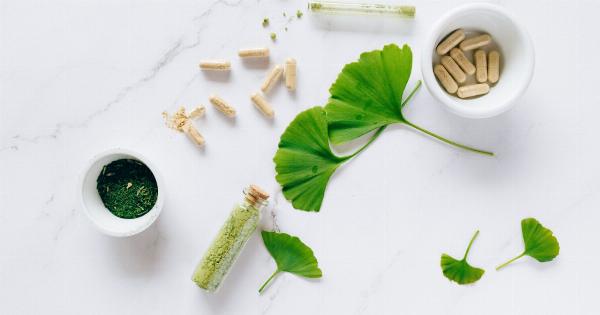Hangovers are the unpleasant side effects of drinking alcohol excessively. They are usually characterized by symptoms such as headaches, nausea, dizziness, and fatigue.
While the best way to avoid a hangover is to limit your alcohol intake or drink water between drinks, there are several remedies that people often rely on to alleviate the symptoms. Unfortunately, not all hangover remedies are created equal. In this article, we’ll explore some of the most popular hangover remedies and evaluate their effectiveness.
1. Water
Drinking water is perhaps the most effective way to prevent and alleviate hangovers. Alcohol is a diuretic, which means it increases urine production and can cause dehydration.
When your body is dehydrated, it can lead to headaches, fatigue, and other hangover symptoms. Drinking water before, during, and after drinking can help keep you hydrated and flush out toxins from your system.
2. Electrolytes
Electrolyte drinks such as coconut water or sports drinks are another way to replenish fluids and electrolytes lost during alcohol consumption. Electrolytes are minerals such as potassium and sodium that help regulate the body’s fluid balance.
When you’re dehydrated, your body loses electrolytes, which can lead to fatigue and muscle weakness. Drinking electrolyte drinks can help restore your body’s fluid balance and aid in recovery.
3. Caffeine
Caffeine is a stimulant that can provide a temporary boost of energy and alertness. Many people turn to coffee or energy drinks to help alleviate hangover symptoms. However, caffeine can also be dehydrating and worsen the symptoms of a hangover.
Furthermore, consuming caffeine can make it difficult to fall asleep, which can further impair recovery.
4. Pain Relievers
Over-the-counter pain relievers such as ibuprofen and aspirin can help alleviate headaches and muscle aches associated with hangovers. However, it’s important to be cautious when taking pain relievers while drinking alcohol.
Mixing alcohol with medications can increase the risk of liver damage and stomach ulcers. Additionally, taking pain relievers on an empty stomach can also exacerbate stomach irritation and increase the risk of bleeding.
5. Anti-Nausea Medications
If you experience nausea or vomiting during a hangover, over-the-counter anti-nausea medications may help. These medications, such as Pepto-Bismol or Dramamine, work by reducing stomach irritation and suppressing nausea.
However, it’s important to read the labels carefully and avoid taking multiple medications containing acetaminophen, as it can increase the risk of liver damage.
6. Herbal Remedies
There are several herbal remedies that are believed to help alleviate hangover symptoms. Milk thistle, for example, is thought to protect the liver and aid in detoxification.
Ginger is another herb that is commonly used to relieve nausea and improve digestion. While there is little scientific evidence to support the use of these remedies, some people find them to be effective.
7. Greasy Foods
Many people swear by eating greasy or fatty foods to help alleviate hangover symptoms. It is believed that these foods can help absorb alcohol and improve digestion. However, there is little evidence to support the effectiveness of this remedy.
In fact, eating fatty foods can sometimes worsen hangover symptoms by irritating the stomach and causing indigestion.
8. Sleep
Sleep is perhaps the most underrated hangover remedy. Alcohol can interfere with sleep quality and lead to feelings of fatigue and drowsiness. Getting an adequate amount of sleep can help you feel more refreshed and alert the next day.
Furthermore, sleep is essential for the body’s natural healing and recovery processes.
9. Prevention
Of course, the best way to avoid a hangover is to prevent it from happening in the first place. This means drinking alcohol in moderation and staying hydrated.
Additionally, eating a meal before drinking can help slow the absorption of alcohol and reduce the risk of a hangover. Choosing lighter-colored drinks such as vodka or gin can also help minimize the risk of a hangover.
10. Professional Treatment
In extreme cases, hangovers can be severe and require professional treatment. Intravenous (IV) therapy is becoming increasingly popular for treating severe hangovers.
This involves the administration of fluids and electrolytes directly into the bloodstream to rapidly alleviate symptoms. However, IV therapy can be costly and should only be used in severe cases.
Conclusion
There are many hangover remedies out there, but not all of them are effective.
Drinking plenty of water and electrolyte drinks, getting enough sleep, and relying on over-the-counter pain relievers and anti-nausea medications are some of the most effective ways to alleviate hangover symptoms. However, the best way to avoid a hangover is still to drink in moderation and stay hydrated. If you find that your hangovers are severe and interfering with your quality of life, it’s important to seek professional treatment.





























